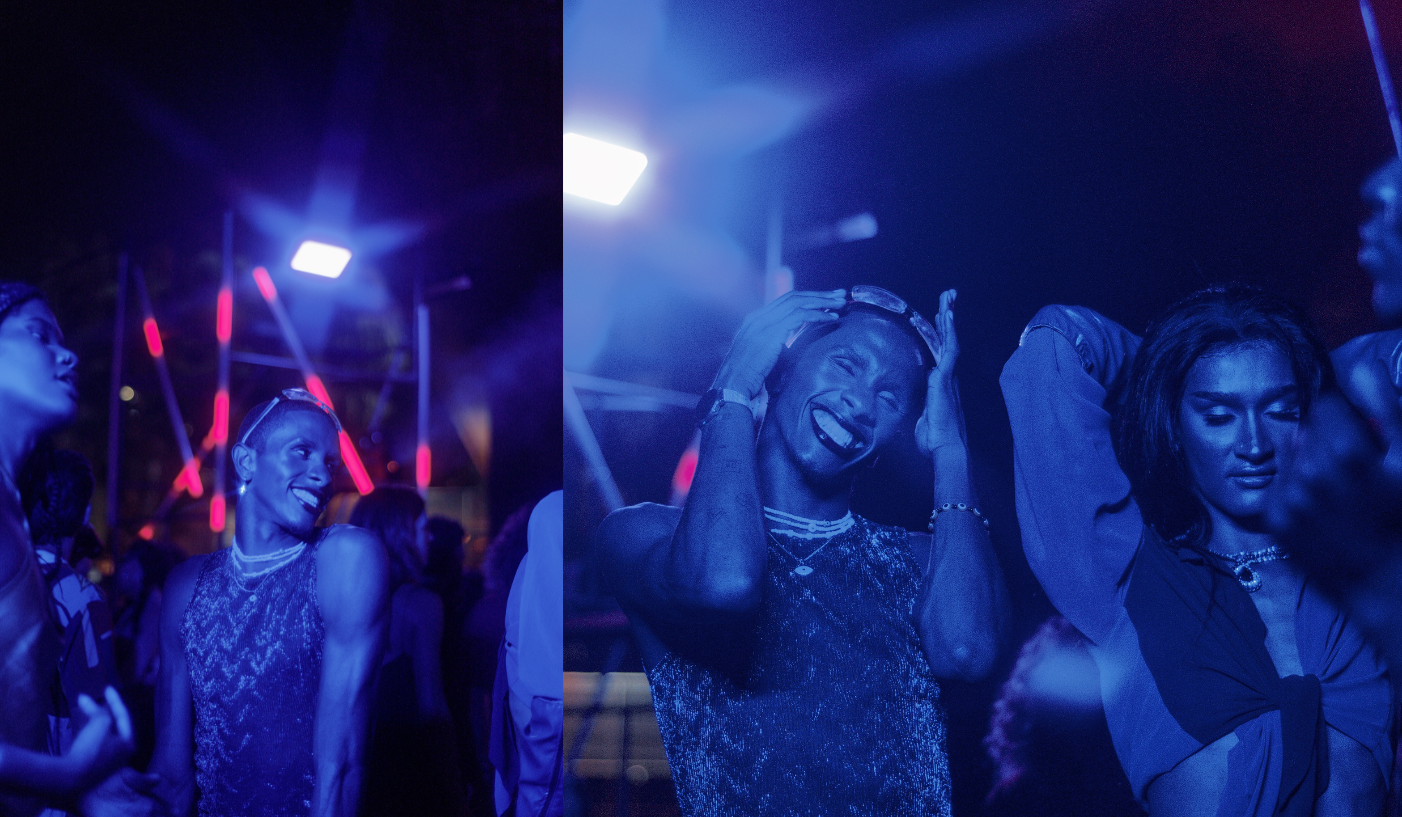

From vodka sodas at the bar to all-night chemsex marathons, the mix can be about pleasure, connection, escape—or all three at once.
For some, drugs and alcohol are a gateway to sexual freedom: they lower inhibitions, mute anxieties, and turn up the volume on desire. For others, they’re simply part of the social spaces where queer intimacy happens; woven into the culture as much as the music and the bodies on the dance floor.

The relationship isn’t one-size-fits-all. It never is. But the pairing is quite common, especially among men who have sex with men, where research consistently shows higher rates of sexualized drug use than in heterosexual populations.
Which leads to two questions worth exploring (without moral panic): why are substances and sex so linked in queer communities, and do they make sex better, or is it all just temporary?
When your day-to-day life includes dealing with microaggressions, family rejection, or the mental load of navigating a heteronormative world, the appeal of detaching is rather obvious. Studies on “Minority Stress” show that stigma and discrimination significantly increase the risk of substance use as a form of emotional escape. Understandably, PnP (party and play) offers a temporary break from those pressures with the added benefit of electrifying sex.

For some, PnP scenes offer more than sex and become a rare and immediate space of acceptance. In his research, Ethonographer Kane Race describes PnP parties as “sites in which important social bonds, logics of care, and community connection can emerge.”
For a community who grew up as outcasts, sharing chems can create a ritual of trust: you measure doses together, you share water, you check in when someone escapes into a bedroom or bathroom. For some folks, that unique kind of intimacy can feel as important as the sex itself.

Drugs like meth and GHB (the two most popular during chemsex, according to research) aren’t just mood-lifters, they rewire how the body processes touch and reward. Dopamine floods, sensations sharpen, and orgasms get prolonged or multiplied.

A 2025 analysis confirmed that sexualized drug use is often pursued explicitly for its ability to heighten pleasure and extend performance, which may not be all that surprising. For some, that initial high sex experience becomes the new benchmark for erotic intensity, which is part of the reason why it can be so addictive.
For people who’ve felt shame around certain desires like bottoming, kinks, group sex, and so on, substances like drugs and alcohol can act like an emotional lubricant, stripping away inhibition and making taboo fantasies accessible.
Research on queer chemsex participants often cites “sexual confidence” as one of the most reported benefits. And that boost can feel freeing and liberating, even if it’s chemically induced.
But when you’re high or buzzed and that excitement begins to take over, it can be easy to forget — or just push aside — the things that keep you and your partners safe.
.jpeg)
PnP marathons are their own little universe where day and night lose meaning. Whether it’s a darkened apartment or a sex club, these spaces cut you off from outside responsibilities and social judgments, which may be something queer folks seek more of.
The 24- to 48-hour stretch of altered reality can feel like queer adulthood’s version of a teenage sleepover, something many queer folks were unable to experience as we may not have been our authentic selves at the time.
Ultimately, substances can make sex feel easier, but often only in the moment. They can mute anxiety, quiet self-criticism, and dissolve the social or psychological barriers that keep people from fully leaning into their desires. For some, that means feeling braver in their bodies, more open to partners, and more willing to try things they’ve only fantasized about.

So while drugs and alcohol can unlock a version of sex that feels more accessible, the question isn’t just whether they make it easier, it’s whether that ease is worth what might follow when the high fades.
Written by: Bobby Box